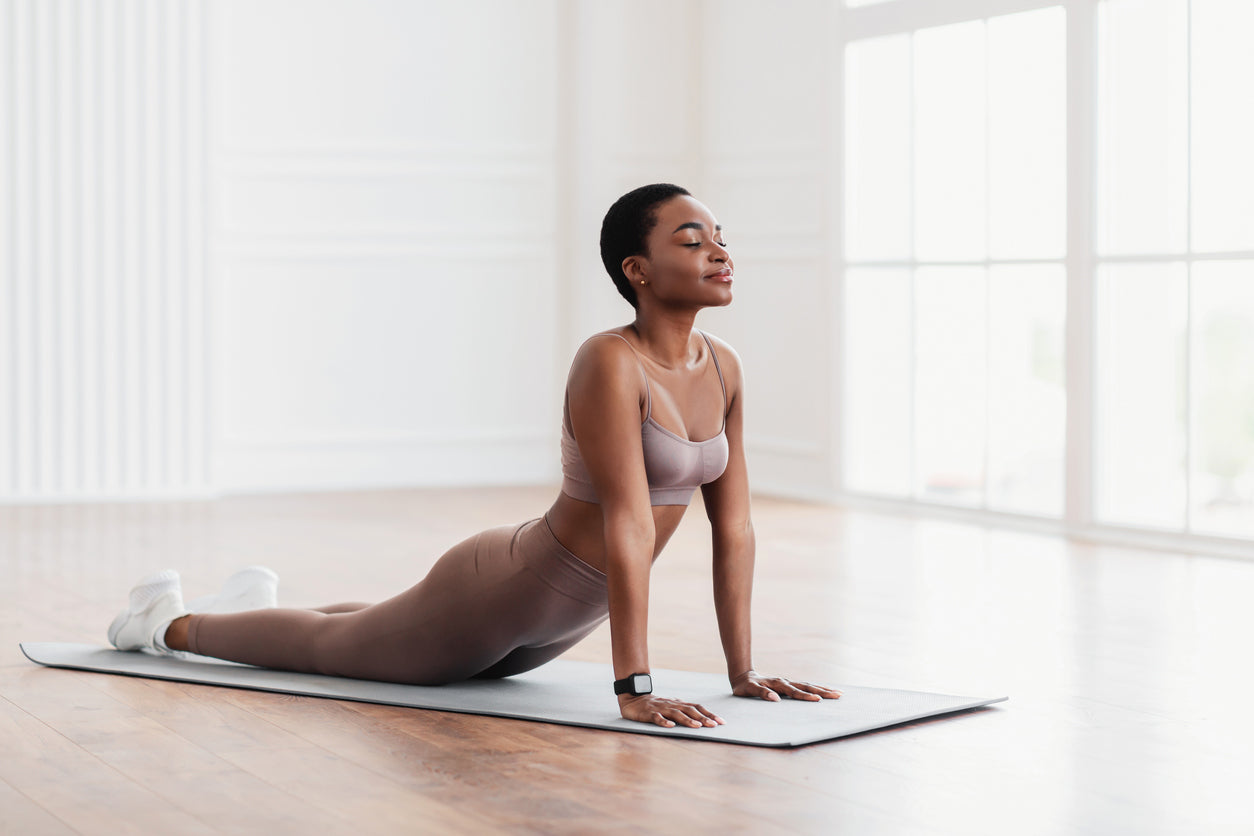How About We Take Care of Our Minds Too?

When you hear or read the word ‘Fitness,’ what word does your mind immediately associate or connect it with?
If your answer is “Physical,” as in physical fitness, you’re a part of the majority. We spend more time worrying and focusing on our physical fitness goals, but what about the mental aspect?
Similar to all things in life, there must be a balance. The mind-body connection is a powerful thing!
The Importance of Mental Fitness
We’re in no way minimizing physical health! After all, healthy bodies can protect and prevent various conditions, including diabetes and heart disease. In a way, it helps us hold onto our youth.
Mental fitness supports brain function and our mental and emotional health. Working out our minds doesn’t require passing IQ tests or studying educational material every night.
It consists of a series of simple mental exercises. We exercise our bodies at the gym or at home through physical activity. Mental exercises can be done anywhere, and they help us with things like:
- Slowing Down Thoughts or Emotions
- Boosts Memory
- Relax or Calm Down - Destress
Including various mental dexterity exercises in our daily life can sharpen our minds.
What is the mind-body connection?
According to the Florida medical Clinic,the mind-body connection links our thoughts, behaviors, attitudes, and physical health. Many of us have known for a long time that our emotions can impact our bodies. However, scientists are beginning to understand how our emotions influence our overall health and vitality.
Mental and physical health affect and assist one another. Staying on top of total-body fitness goals can give us an upper hand around the table.
Exercises For Mental Fitness
We exercise our minds regularly. Reading, listening to music, and playing cards are mental fitness practices.
You might try the following approaches to improve and strengthen your memory, focus, and mental skills.
1: Play Card Games
A stufy on mentally stimulating activities states that a hand or two of cards can increase volume in various areas of our brain. That same study also reports that playing cards can improve our thinking skills and memory.
2: Put Jigsaw Puzzles TogetherResearch shows that putting together puzzles engages multiple cognitive abilities. It’s also a protective factor for visuospatial cognitive aging.
3: Dance Like Nobody’s Watching
"Dance Your Way To Better Health!, published by the CDC, mentions how learning new dance moves increase our memory and processing speed.
4: Learn & Practice New Skills
Learning and practicing new skills can help improve our memory (especially in older adults) and strengthen our mental connections. It’s not about ‘what’ you learn. It’s about the “learning” aspect. Consider different skills you’d like to know about and take action.
5: Play or Listen To Music
A 2017 study revealed that listening to happy, uplifting, and upbeat music can help us generate more innovative solutions. In other words, jamming out to upbeat, feel-good music can boost our brainpower and creative thinking. The study compared the solutions with music and silence; the results are fascinating.
Learning to play new instruments or songs is another way to utilize music for mental fitness training.
Mental fitness should be as equally important and practiced as physical fitness. Aside from the brain-boosting exercises, there are numerous ways to care for our minds, including:
- Meditation
- Yoga
- Training (jogging, hiking, swimming, bike riding)
- Journaling
- Reading
- Using our imagination
- Self-Care days
- Destress
Our bodies and mind are amazing things. If we want to live long, healthy lives, we have to exercise both areas regularly. Life is what we make it; happy and healthy sound like reasonable goals, don’t they?


